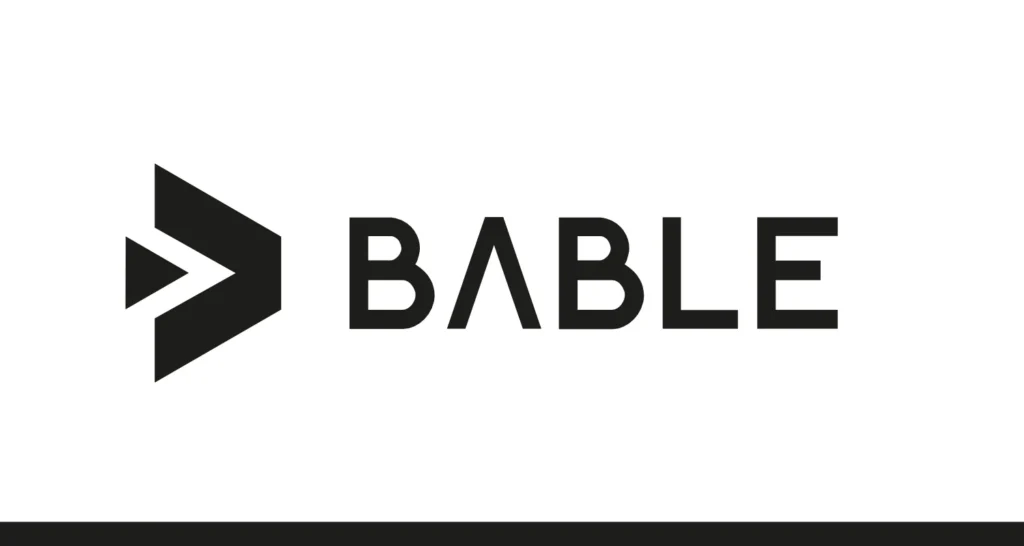Open data – data that is freely available for everyone to use without copyright, patent, or other restrictions.
The term first appeared in 1995. The modern principles of open data were formulated in 2007 at a meeting of Internet theorists and activists in San Francisco.
Among the authors of these principles were Tim O’Reilly, a major publisher and supporter of the free and open-source software movements, and Lawrence Lessig, founder of Creative Commons.
In 2008, U.S. President Barack Obama signed three presidential memorandums regarding data transparency and open government.
Is freely available government data posted on a portal for further use and republishing by citizens and businesses.
Major states and international organizations such as the UN, EU, OSCE, World Bank, OGP (Open Government Partnership), International Budget Partnership, W3C, OECD, Open Knowledge Foundation, and others support the open data ideology.













